The problem of skills obsolescence in manufacturing
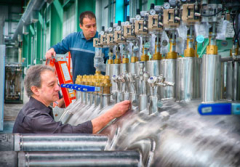
Could you recommend a good farrier? Chances are that, unless you own a horse, none will come to your mind. This is not surprising - after cars replaced horses, advanced knowledge of equine hoof care became a rare skill. The same is happening to a variety of manufacturing skills, fallen into oblivion after new technologies replaced older ones. Here, Neil Ballinger, Head of EMEA at EU Automation, talks about skills obsolescence and explains why it’s becoming a concern in manufacturing.
For many manufacturing businesses, legacy equipment forms the backbone of the factory. Industrial equipment is generally thought to last for decades, and with proper maintenance and a proactive approach to obsolescence management, there’s no reason why it shouldn’t.
However, as a machine ages, the Original Equipment Manufacturer (OEM) might decide to stop producing its components, making them obsolete. This means that in case of breakage, those components will be hard to source.
Components obsolescence might be a bit of a headache, but can be managed with the help of a specialist supplier like EU Automation. However, components are not the only thing prone to obsolescence.
The value of experience
The useful life of an industrial machine can easily span an employee’s entire career. During this time, that employee will learn to understand the machine better than anyone else and will know what to do when a problem arises. This knowledge might help extend the life of machinery, allowing business owners to postpone costly factory overhauls.
Technicians who’ve worked with specific types of equipment for decades are a great resource for manufacturers, but when they retire, they take their hard-earned expertise with them.
Younger workers will probably be familiar with emerging technologies and their knowledge will be essential when upgrading equipment and enhancing the factory’s digital strategy. But what about trusted legacy equipment?
Tacit knowledge
The so-called silver tsunami refers to the large number of baby boomers who are retiring from the workforce, taking with them years of technical and operational know-how. This is a big problem for manufacturers, for two reasons.
First of all, the millennials replacing senior workers might not have been trained in operating and maintaining legacy equipment, which is still prevalent in many factories. Modern curricula tend to focus on the importance of digital, data-driven technologies, in an effort to prepare students for Industry 4.0.
Secondly, as MIT Professor Thomas Kochen has suggested, a large part of manufacturing knowledge is tacit, meaning that it is not documented in any external resource and is only available in the mind of its owner. To solve this problem, it is essential that businesses figure out ways to turn tacit, individual knowledge into institutional knowledge that can be shared across the company.
Pass it on
Take as an example an electrical engineer who’s worked with a specific type of packaging machine for 20 years. That engineer might be the only one able to do an audit and update the settings when the machine needs to produce a new custom-made pack.
If the process the engineer follows is well documented, for example with spreadsheets detailing every single step of the procedure, a new employee might be able to replicate it without much guidance. Eventually, the new electrical engineer might even work with an IT team to automate these steps and simplify the whole process.
To survive the generational shift, manufacturers need a succession plan. The operational know-how of workers in senior positions must be turned into information that everyone can access, and that newer generations can act upon.
A silver tsunami is hitting manufacturing, but millennials and the Generation Z are ready to come to the rescue. If given the opportunity to learn from their predecessors, these tech-savvy generations might usher the sector into a new era of productivity.
Similar articles
More from EU Automation
- Is it time to scale up? 30th June 2021
- Innovative automation projects for manufacturers 1st June 2021
- The future of HR in manufacturing 20th May 2021
- The Help to Grow scheme - what does it mean for manufacturing? 30th March 2021

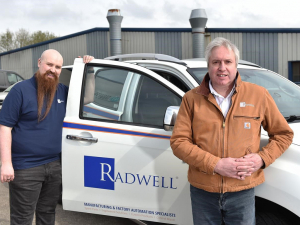
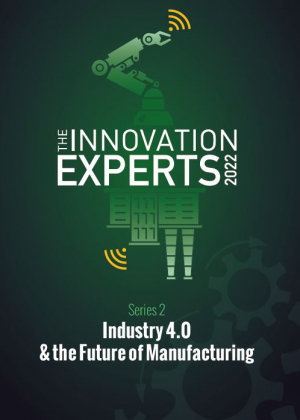
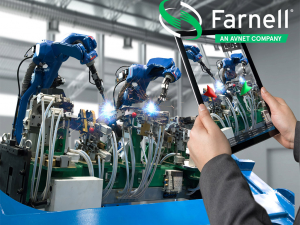
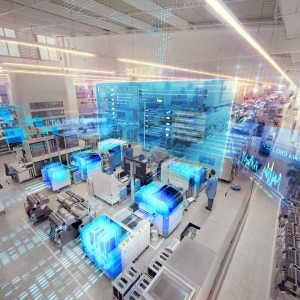







Write a comment
No comments